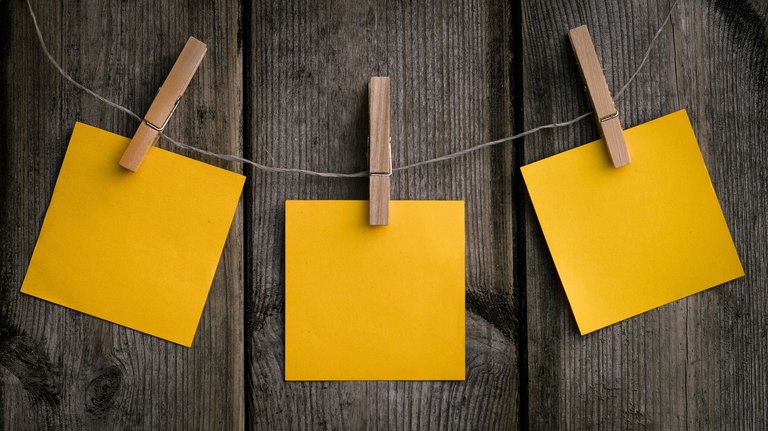Some Retention Strategies - My 5 minutes a day #78
Keep what you learn

Shoutout to RoonzNL and Pixabay.com
Good morning everyone! Today I want to keep talking about a beautiful skill: The skill of learning.
You see, most of the things that we learn throughout our lifetime we end up forgetting. Whether It's because of time, because of other knowledge taking the space in our minds or because we change environments and don't get access to the cues that trigger certain memories, One thing's certain: We are forgetful creatures.
But, what's the secret behind those minds that end up remembering large chunks of information for not a week, a month, or a year, but forever?
Well, It's simple, they apply strategies to make sure they don't forget. If you're dying to know what these strategies are, then you're in the right place, as we'll go over them right now:
Spacing
Whenever we learn, we tend to do It either with intensity in frequent sessions, or we do It in sparse intervals of time. However, the consensus is against this. What spacing tells us is that we should apply a reasonable interval between the time in which we test or refresh our knowledge.
You'll surely see this with the strategy of spaced repetition with language learning software such as Duolingo, where questions from old sessions pop up to make sure you review and don't forget.
However, this method can have Its disadvantages. As Its use is mostly based on questions with a single answer, this method has Its deficiencies when learning subjects that require abstract thinking and procedures such as coding or calculus, for which doing refresher subjects is a better solution.
Proceduralization
Here we take inspiration from the fact that remembering how to ride a bike is easier to remember than the synopsis of a movie you read a decade ago. This is because by riding a bike, we tend to use procedural skills (Practicing and motor skills), a thing which makes the process more engaging and thus harder to forget.
So, what's the solution to us forgetting things? Practicing them to the point they stay recorded in our minds. If, for example, we need to learn algebra, a core skill for the rest of our engineering career, It'll be a great idea to practice It frequently, even If we excel at It the first time.
So, next time you want to learn something, remember that practice makes perfect, and not only that, but also keeps the information in your mind for a longer time.
Overlearning
This one's easy. If you learn about a topic well enough to do better than good, you will retain the knowledge for a longer time. That's why we keep the knowledge of topics like loops and conditionals, and It is because we use them constantly in much harder subjects like AI and Data Analysis.
So, a great way to ensure that you keep the information is to use It to create things that are harder in difficulty.
Mnemonics
Mnemonics is about turning concepts into images or symbols that we can use to recall the information. For example, If we're trying to learn a new language, a common practice is to take the pronunciation of a word and turn It into words that we understand in our native language along with the meaning of It. Then, we make a mental image about It and whenever we have to recall It we bring that Image to mind.
This method is great If we're beginning to learn something with vast amounts of information, but It can become troublesome If we try to do things at a fast pace like keeping a fluent conversation, where we'll need several seconds to remember the words.
That's why, a good balance of all these techniques is the best pathway to an efficient learning journey. I hope you have derived some meaning from this post, using some of these to keep what you tend to forget inside your mind, remembering that what's not practiced, is forgotten.